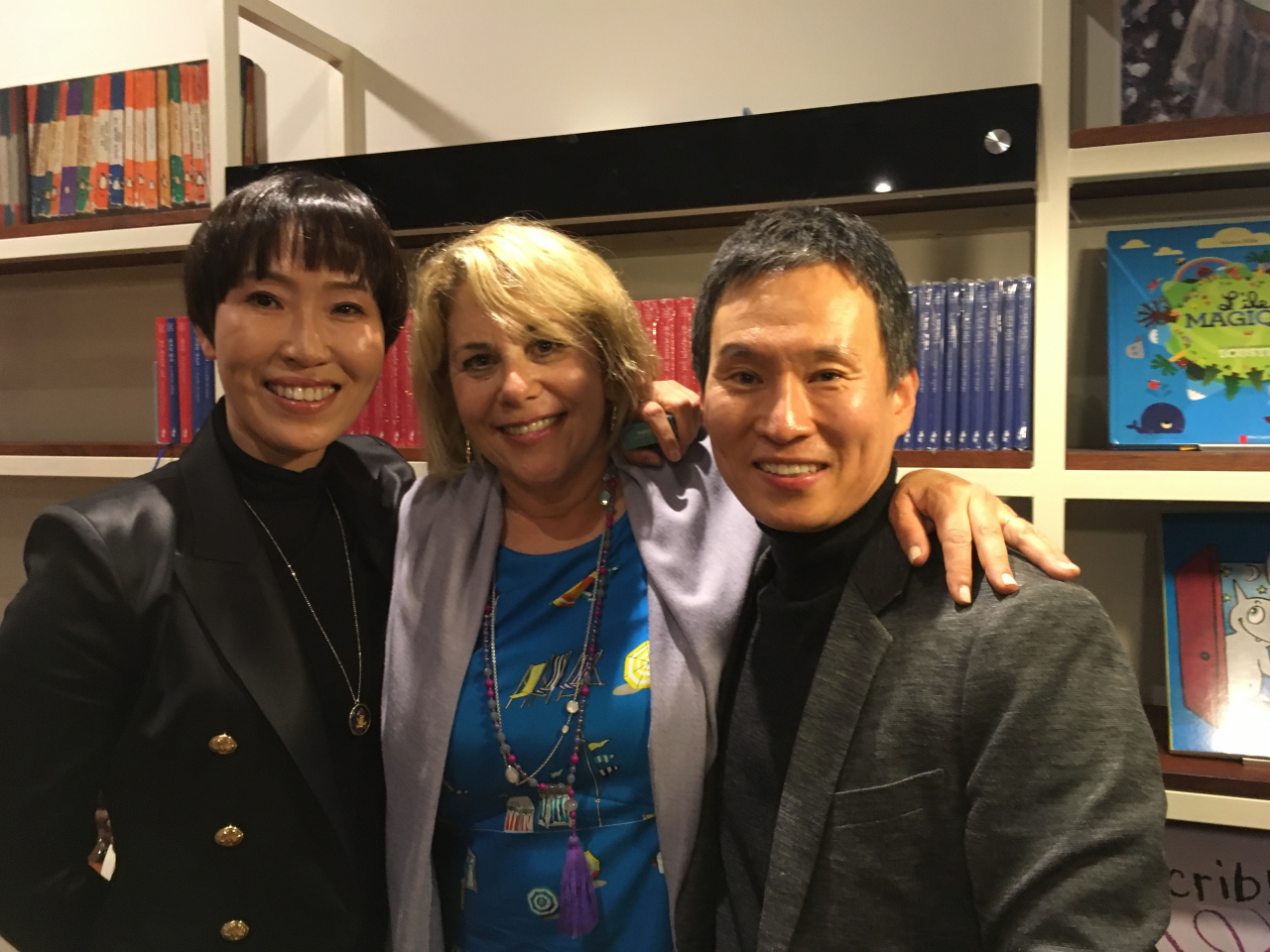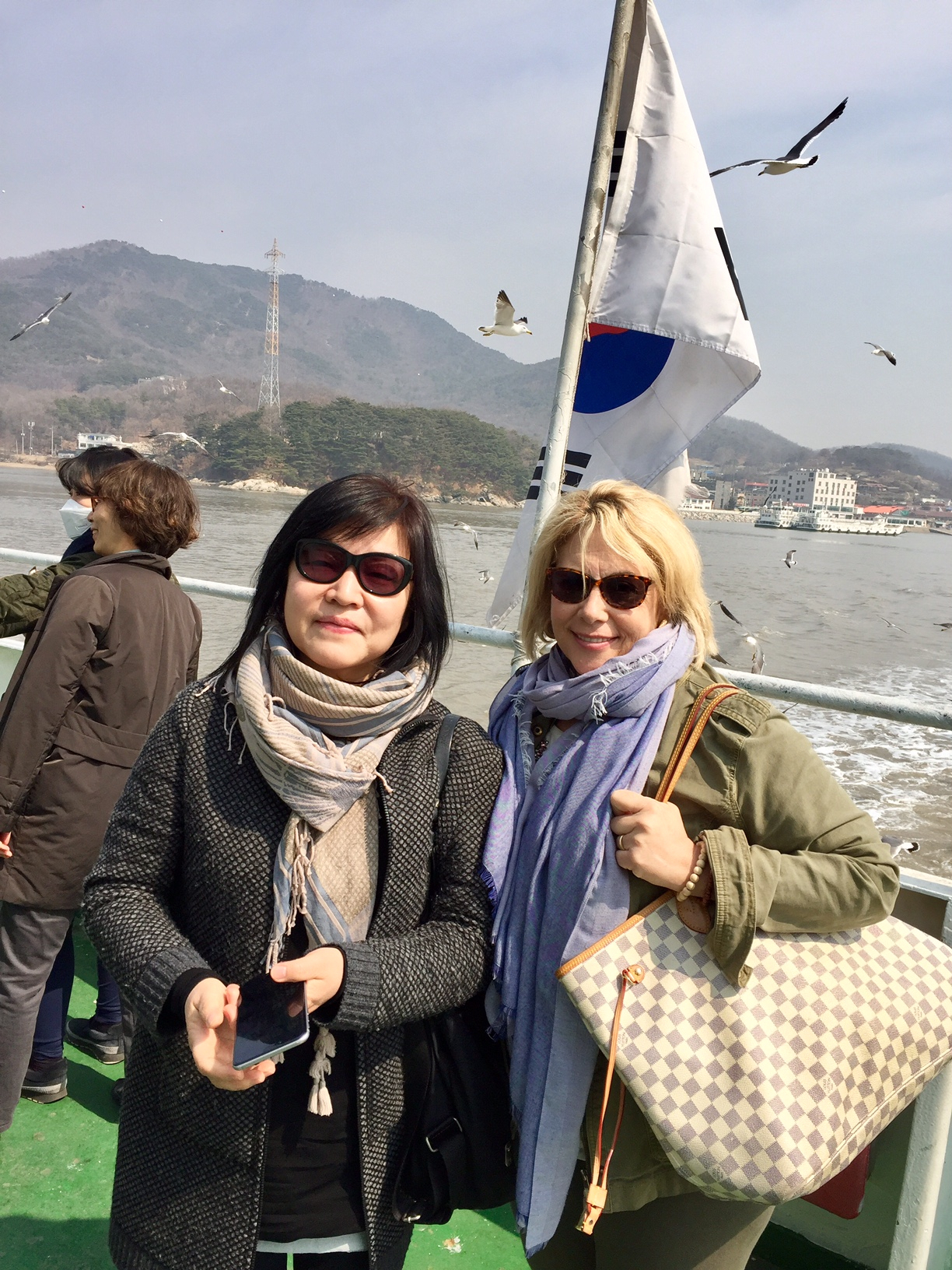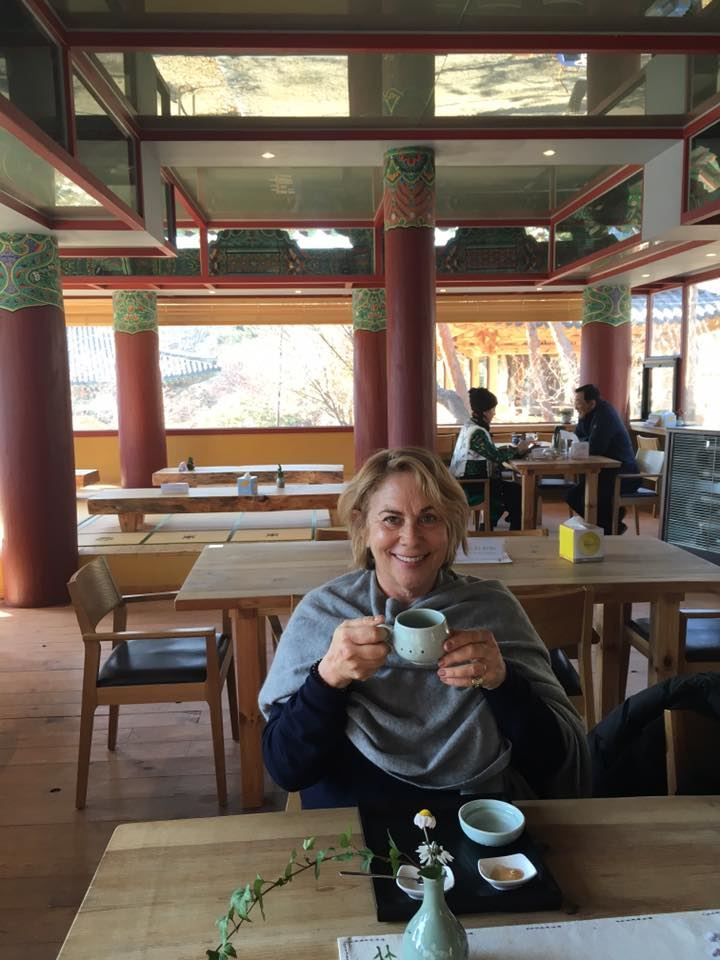
As Korean entertainment and culture continue to captivate audiences worldwide, Korean literature is also gaining momentum in the English publishing market.
Major international publishing house Bloomsbury recently bought the rights to Hwang Bo-reum's bestseller "Welcome to the Hyunam-dong Bookshop," while HarperCollins bought the rights to Kim Ho-yeon's "Uncanny Convenience Store," which sold over a million copies in Korea.
In April, English editions of bestselling Korean authors’ works scheduled to hit shelves overseas include Shin Kyung-sook’s “I Went to See My Father,” J. M. Lee’s “Painter of the Wind” and Booker Prize-winning Han Kang’s “Greek Lessons.”
For Barbara Zitwer, founder of a New York-based literary agency responsible for exporting big-name Korean writers such as Han and Shin to the English-language market, this trend is a dream come true.
“It was my dream to see people evaluate Korean books the way they value English-language books,” Zitwer said in an interview with The Korea Herald in early March. “I didn’t want them to differentiate ‘Oh, because it’s in Korean, it has to go in this shelf, down here,’” she said. “I think that has happened, and I see the trend growing more and more to the point of everyone wants something Korean.”

Zitwer got involved with Korean literature in the early 2000s quite by chance. When she was searching for new books to sell, her Korean co-agent Joseph Lee recommended several books by Kim Young-ha, Gong Ji-young and Han Kang -- all bestselling authors in Korea.
“I read these books and it was new voices -- the style, point of view was so profound and illuminating. But I had never heard of any of these writers.”
“When I first started handling Korean literature -- before everything, people would say to me ‘Why Korea?’ I would say, 'Just forget it’s Korean, it’s a great book, it doesn’t matter where it comes from.'"
Now Zitwer sees a thirst for Korean literature in the English publishing market, as Korea's music and film scenes have already grabbed people's attention.
But the industry veteran with over 20 years of experience in publishing said some tasks remain that need to be tackled.
Zitwer said “hermit” publishers are responsible for slowing Korean literature from reaching global readerships. Wishing to jump on the Hallyu bandwagon, now, some publishers think about handling export deals themselves, but they “don’t have international experience, don’t speak English, nor understand the contractual norms.”
“I have witnessed that certain Korean publishers who control world rights haven’t done anything with these rights. They are not reaching out. I mean the Frankfurt Book Fair has been around 80 years,” Zitwer said, referring to Korean publishers' lacking presence at the trade fair best known for clinching international deals. Some authors have even lost out on Hollywood movie deals because of misrepresentation by their publishers.
“I have great relationships with most publishers, but I will say some Korean publishers are angry that literary agents or translators are writing directly to the authors because they don’t want their writers to know what’s going on," she said.

Zitwer emphasized that it’s important to sell a book to the “right person.”
“I don’t make a publishing deal because I got an offer. We have to sell it to the right person who understands the book and the market,” Zitwer said.
“The Vegetarian” by Han Kang waited the better part of a decade to get to global readers, according to Zitwer. “It won the Booker Prize and launched her career. … You have to have a publishing plan for the future of the author, and should not throw a dart here and there just to sell it to anyone,” she said.
Zitwer thinks that in the future, authors will become more educated about these circumstances, as she is now seeing young authors taking their calls and actively getting involved in their business.
“Recently, we did a series of meetings with the author, the translator and publishing companies. And an interesting topic came up,” Zitwer said. It was the issue of whether to keep the characters’ original names or change them to something else, as the author wrote the names to have special meanings in Korean.
“I think when a book is translated, it’s not the same book. It’s adapted and recreated to deliver the author’s intention for American readers -- it can’t be exactly the same book,” Zitwer opined. She added that they decided to change the names for English-speaking readers who will likely not have any idea of the nuances the names carry.
“At the end of the day, you don’t have to change the names. But those kinds of conversations to explore (the story and the author’s intention) are very important. And these are the things authors’ agents do for the authors,” She said.





![[Graphic News] More Koreans say they plan long-distance trips this year](http://res.heraldm.com/phpwas/restmb_idxmake.php?idx=645&simg=/content/image/2024/04/17/20240417050828_0.gif&u=)